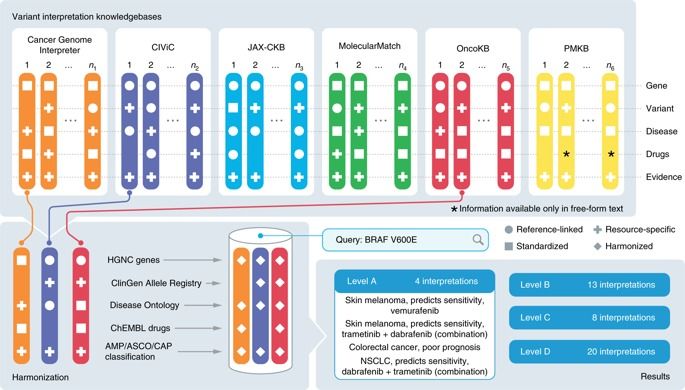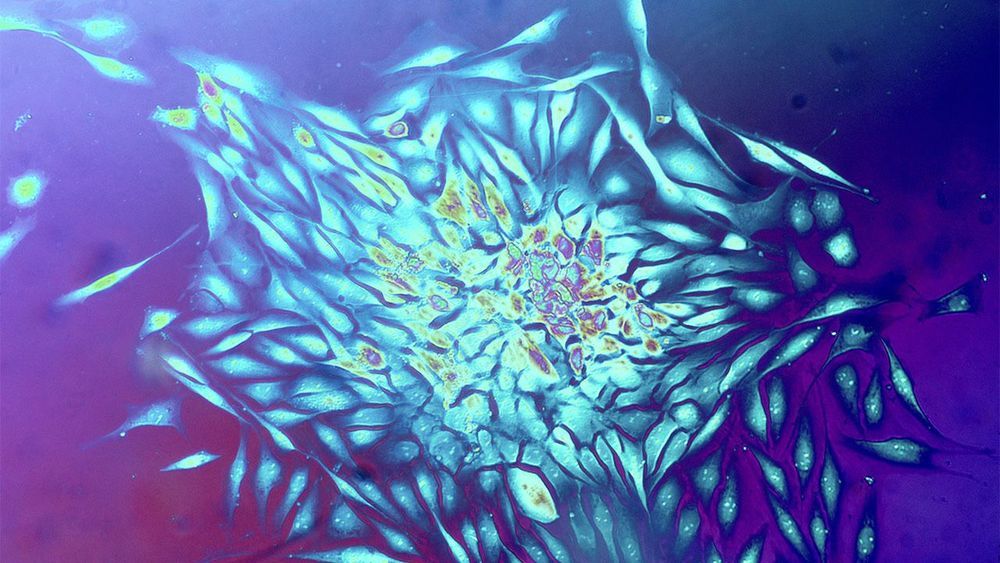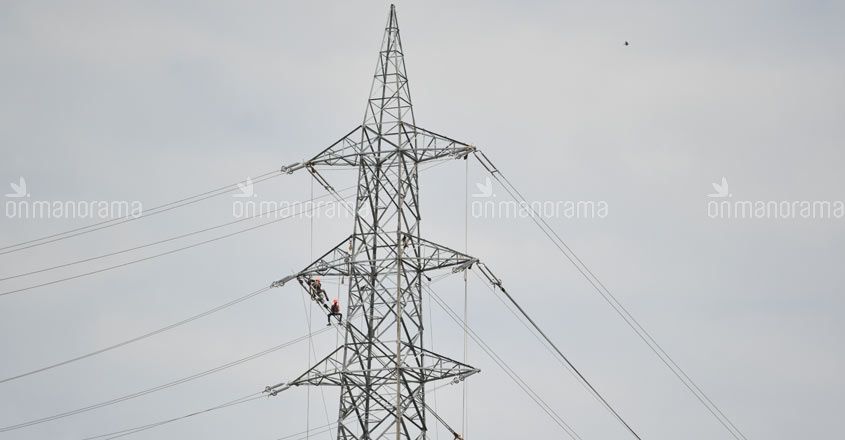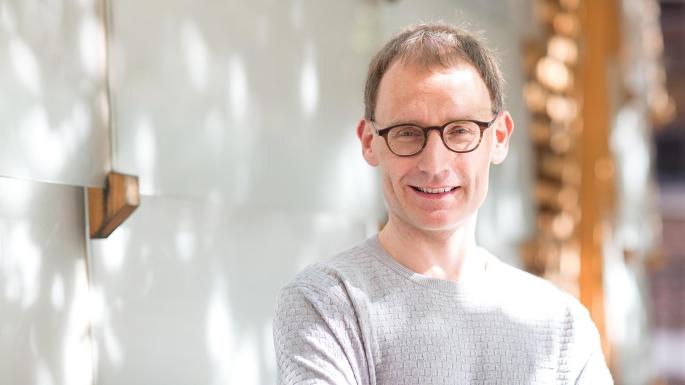Research involving bowhead whales has suggested that it may one day be possible to extend the human lifespan to 200 years.
From the demigods of Greek mythology to the superheroes of 20th century comic books, we’ve been intrigued by the idea of human enhancement for quite a while, but we’ve also worried about negative consequences. Both in the Greek myths and modern comics and television, each enhanced human has been flawed in some way.
In the area of lifespan enhancement, for instance, Tithonus, though granted eternal life, shrunk and shriveled into a grasshopper, because his immortal girlfriend Eos, forgot to ask Zeus to give him eternal youth. Achilles, while super strong and agile, had a weak spot at the back of his heal, and Superman would lose his power if exposed to “kryptonite”. As for Khan’s people, their physical superiority, both physical and mental, made them overly ambitious, causing a third world war that nearly destroyed humanity in the Star Trek backstory.
Using genetic modification, nanotechnology, bionics, reconstructive surgery, hormones, drugs or any combination of these approaches, real-life human enhancement is looking ever more achievable. As with the fictional examples, the idea of enhancement being a double-edged sword will surely remain part of the discussion. At the same time, though, because enhancement means mastering and manipulating human physiology and the basis of consciousness and self-awareness, the road to enhancement will be paved with advances beneficial to the sick and the disabled. This point must be at center stage when we weigh the pluses and minuses in various enhancement categories, especially physical capability, mental function, and lifespan.



